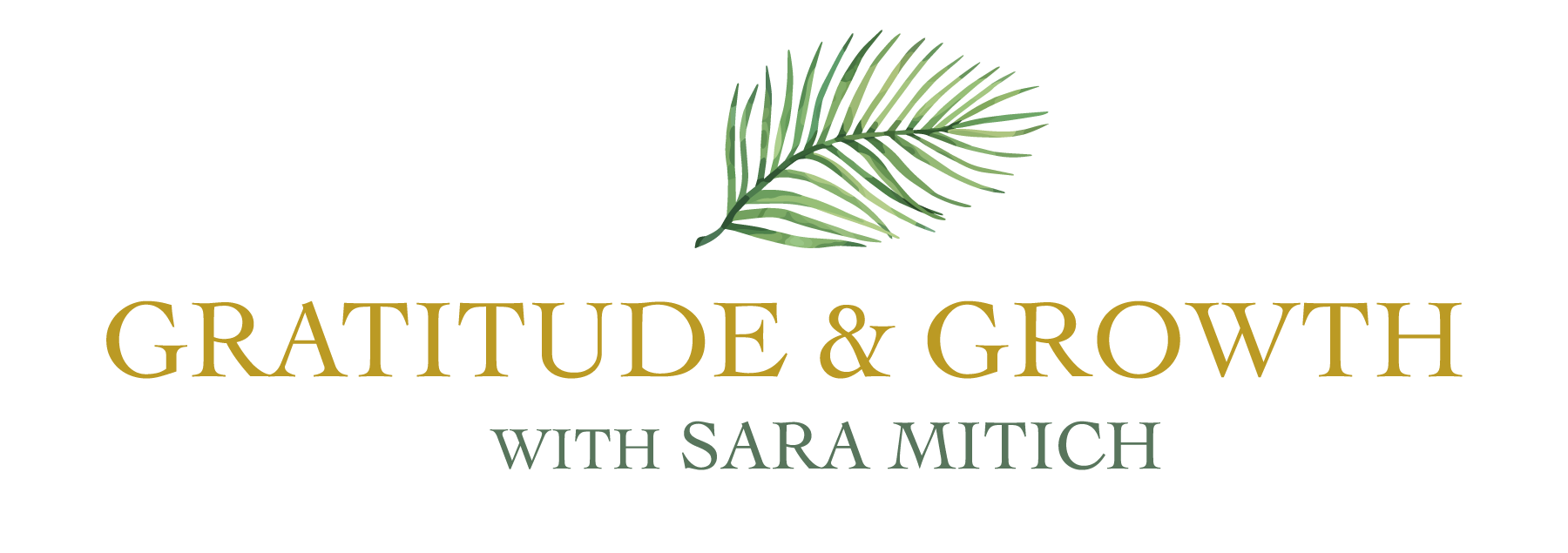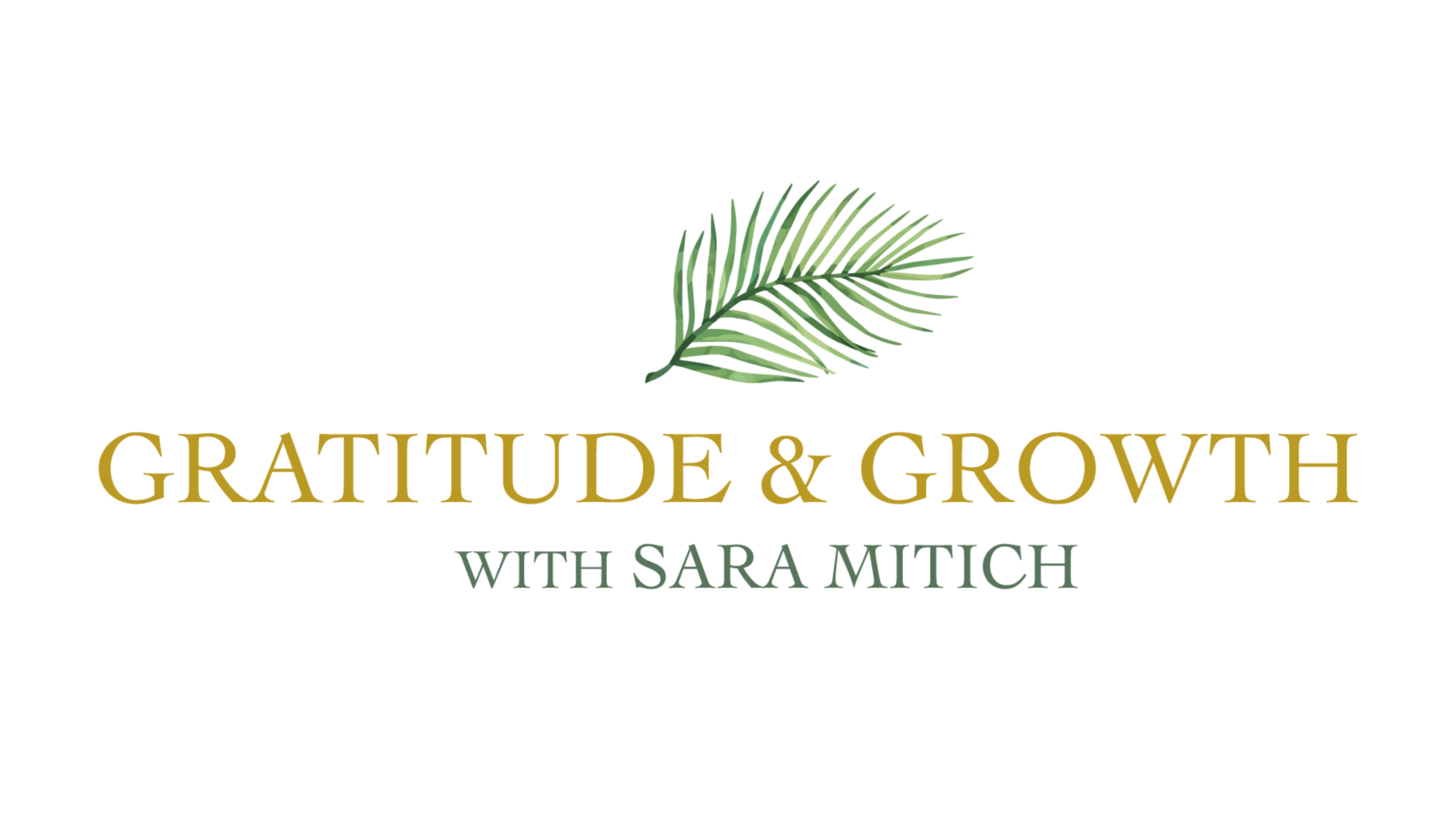We’ve Normalized Casual Disclosure
You’ve probably said it.
I know I have.
“Don’t tell anyone, but…”
“Can I share something with you that someone else told me?”
“She said not to repeat this, but I think it’s fine…”
It seems harmless. Maybe even caring.
But every time we share something that wasn’t ours to share, we chip away at the integrity of that connection.
Even when the intent isn’t malicious.
Even when it comes from a place of wanting support.
Somewhere along the way, we started needing to preface privacy:
“Please keep this between us.”
“This is just for you.”
“I need to know this is safe here.”
But should we really have to ask?
I know I have.
“Don’t tell anyone, but…”
“Can I share something with you that someone else told me?”
“She said not to repeat this, but I think it’s fine…”
It seems harmless. Maybe even caring.
But every time we share something that wasn’t ours to share, we chip away at the integrity of that connection.
Even when the intent isn’t malicious.
Even when it comes from a place of wanting support.
Somewhere along the way, we started needing to preface privacy:
“Please keep this between us.”
“This is just for you.”
“I need to know this is safe here.”
But should we really have to ask?
Why Being a Vault Matters More Than Ever
We’re living in an age of information overload.
Everything is content. Everything is comment-worthy.
And in the noise of it all, the sacred gets lost.
But here’s what I believe:
Being someone who protects what’s tender is radical.
Being a vault doesn’t just make you trustworthy.
It makes you safe.
It tells people:
In a world addicted to reaction, being a vault is presence.
It’s maturity.
It’s emotional intelligence in action.
Everything is content. Everything is comment-worthy.
And in the noise of it all, the sacred gets lost.
But here’s what I believe:
Being someone who protects what’s tender is radical.
Being a vault doesn’t just make you trustworthy.
It makes you safe.
It tells people:
- You’re not here to analyze them behind their back.
- You won’t weaponize their vulnerability in the future.
- You know how to hold space without turning it into gossip.
In a world addicted to reaction, being a vault is presence.
It’s maturity.
It’s emotional intelligence in action.
It’s Not Just About Others—It’s About You
Holding someone else’s truth is a mirror.
When you protect what others share, you deepen your own self-trust.
You become the kind of person you can rely on—not just for others, but for yourself.
Because how we treat other people’s stories is often how we treat our own:
Do we leak them too soon?
Do we seek validation by sharing something meant to stay sacred?
Do we talk ourselves out of privacy because we’re afraid of holding something alone?
Being a vault is a practice of self-respect.
Of inner steadiness.
Of not needing to fill the silence with someone else’s story.
When you protect what others share, you deepen your own self-trust.
You become the kind of person you can rely on—not just for others, but for yourself.
Because how we treat other people’s stories is often how we treat our own:
Do we leak them too soon?
Do we seek validation by sharing something meant to stay sacred?
Do we talk ourselves out of privacy because we’re afraid of holding something alone?
Being a vault is a practice of self-respect.
Of inner steadiness.
Of not needing to fill the silence with someone else’s story.
What Being a Vault Looks Like (In Real Life)
Let’s break it down into something tangible:
Being a vault means…
Sometimes being a vault means saying nothing.
Sometimes it means gently redirecting.
Sometimes it means reminding yourself: Just because I know doesn’t mean I need to say.
Being a vault means…
- Keeping someone’s story to yourself—even if you think they’d be okay with it.
- Not using what someone told you as a conversation filler or empathy shortcut.
- Saying: “That’s not my story to share,” when someone asks you something personal about someone else.
- Not assuming proximity = permission.
- Not needing to insert yourself into someone else’s healing.
Sometimes being a vault means saying nothing.
Sometimes it means gently redirecting.
Sometimes it means reminding yourself: Just because I know doesn’t mean I need to say.
Final Thoughts: Be Someone Who’s Safe to Trust
Being a vault doesn’t mean you shut people out.
It means you honor what’s shared with you as sacred.
It means you can be leaned on.
It means your presence soothes instead of stirs.
It means people walk away from you feeling more whole—not more exposed.
And the best part?
You start to attract the same energy in return.
People who protect what you share.
People who know how to listen, not just respond.
People who don’t trade vulnerability for attention.
In a world where so much is loud and performative,
being a vault is your quiet superpower.
So hold the space.
Protect the sacred.
Be someone whose silence builds trust.
Because the ones who can hold what’s not theirs to carry?
They’re the ones we trust to carry us.
It means you honor what’s shared with you as sacred.
It means you can be leaned on.
It means your presence soothes instead of stirs.
It means people walk away from you feeling more whole—not more exposed.
And the best part?
You start to attract the same energy in return.
People who protect what you share.
People who know how to listen, not just respond.
People who don’t trade vulnerability for attention.
In a world where so much is loud and performative,
being a vault is your quiet superpower.
So hold the space.
Protect the sacred.
Be someone whose silence builds trust.
Because the ones who can hold what’s not theirs to carry?
They’re the ones we trust to carry us.


